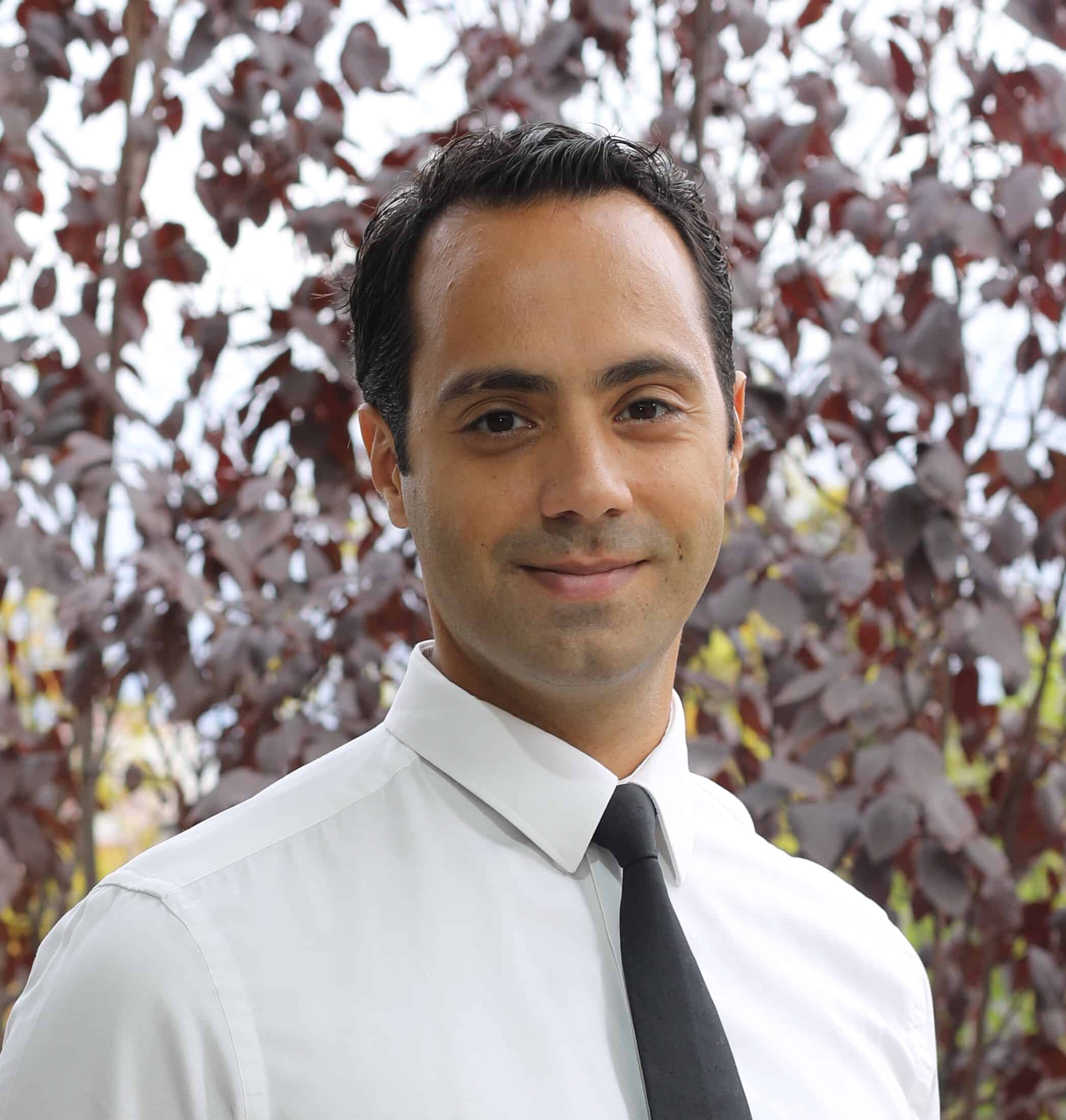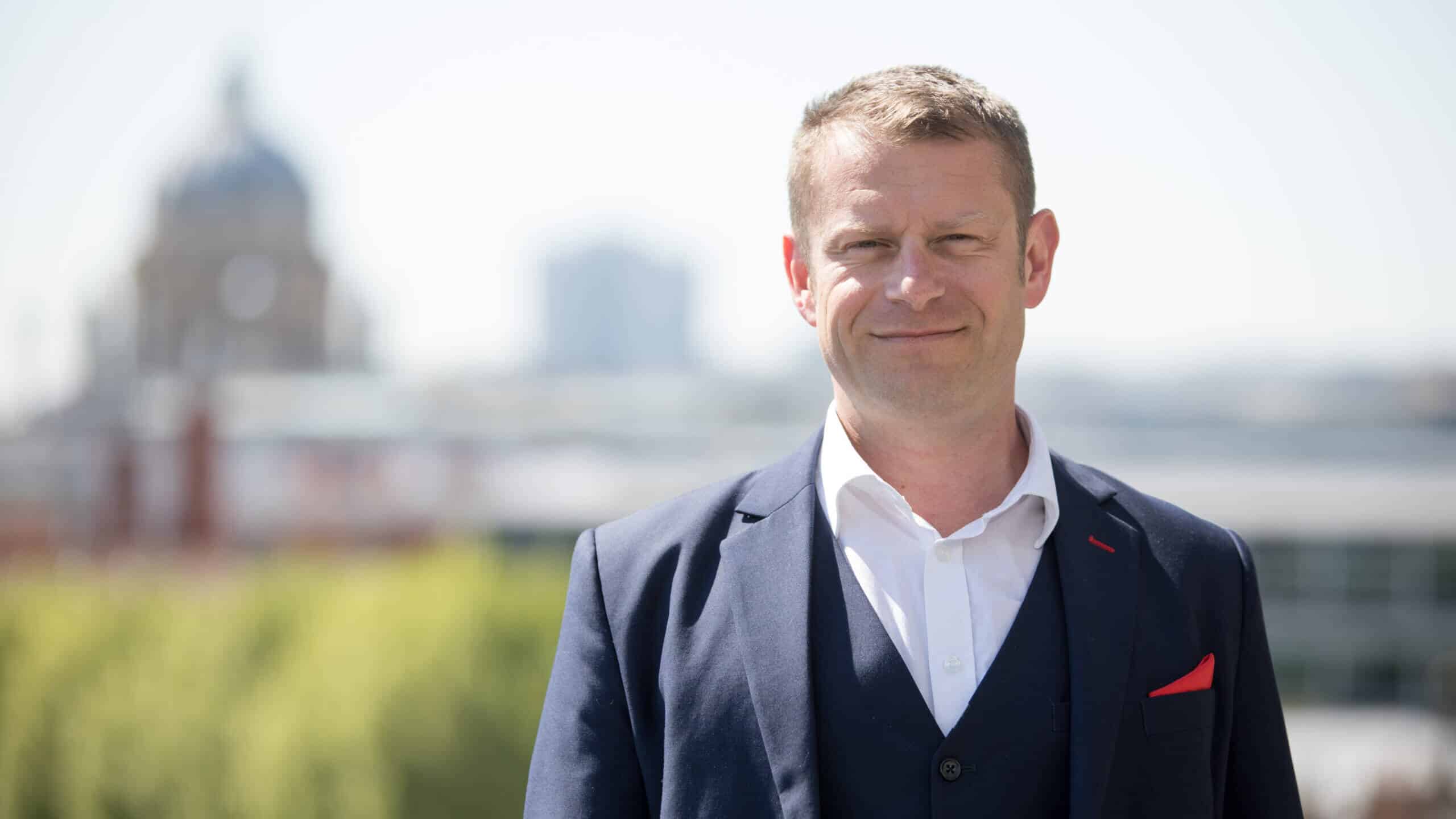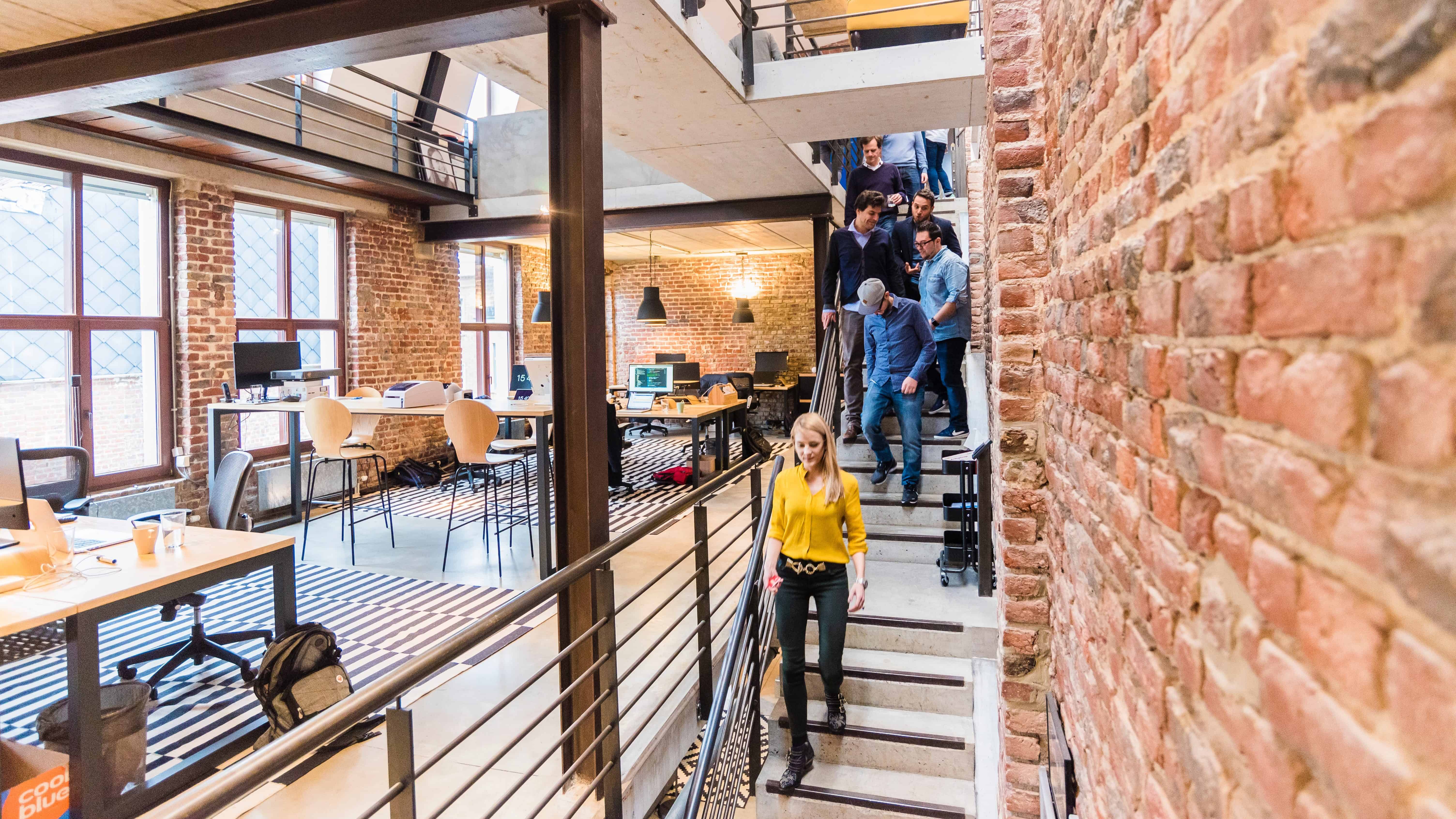Venture capital investments in Turkey have exploded recently, and a lot of international success stories have garnered attention. In this interview, Ata Uzunhasan, who leads Galata Business Angels (GBA), explains the reasons behind the sudden rush and why GBA decided to establish a partnership with Verve Ventures.

Managing Director, Galata Business Angels (GBA)
Ata Uzunhasan is the Managing Director of Galata Business Angels (GBA). GBA was founded in 2012. It is Turkey’s premier business angel club and has 38 members. GBA has invested in around 50 startups so far.
Ata himself has invested in around 20 startups. He has experience in consulting and banking and has a bachelor’s degree in Business Administration and Economics from Koc University, Turkey.
Venture capital investments in Turkey have exploded in 2021 (from USD 143m in 2020 to USD 1.3bn in 2021), driven primarily by Istanbul-based mobile gaming startup Dream and grocery delivery startup Getir. In Q1 2022, the same amount as 2021 was invested again. Is the Turkish startup ecosystem experiencing a turning point?
Absolutely. The Turkish startup ecosystem is young, it is only 20 years old. When you analyze this short period, you can easily see that this boom could have happened before. If we go back to the early 2010s, there was already interest from large venture capital firms. Major ones like Atomico, Accel, Tiger Global and Sequoia were getting ready to open Istanbul offices mainly to support startups after series A rounds. Unfortunately, the political and economic turbulence in 2014 changed the investment climate in Turkey.
But every cloud has a silver lining. As the interest from international VCs decreased, Turkish investors such as Galata Business Angels, and venture capital firms like 212, which spun out of GBA, or Revo Capital got very strong, came to dominate the market and had superior access to deal flow. Consequently, Turkish startups got access to funds earlier and got competitive in both local and international markets. As a result, today they are on the radar of international VCs even at an early stage.
Turkish startups have several advantages. They have a population of 80 million to test their products. The working culture is agile, they have access to a large and young talent pool. Turkish startups have a very product-oriented mindset that gives them the power to compete with international peers, especially in sectors in which time to market matters a lot, for example, gaming or Software-as-a-Service (SaaS). I’m convinced that the new startup nation, after Israel, in Eastern Europe and the Middle East will be Turkey.
On top of the advantages you mention, Turkey has plenty of solid technical universities and is highly cost-competitive. What else is needed for the startup ecosystem to take off?
For the ecosystem to grow, we need a developed investment environment with accelerator programs, Business Angels and VCs. Investor-friendly legal frameworks and government-supported fund of funds are other catalysts. We are not 100% there yet, but things are moving forward. More VC firms and corporate venture capital firms are showing up, and the government is taking the necessary steps to facilitate startup investments. In the next five years, we will see a more investor-friendly environment in Turkey.
Gaming and e-commerce seem to be fields where many Turkish startups are active and successful. Why is that?
Turkish startups are not only active in gaming and e-commerce but also in the SaaS, AI, Fintech, VR and AR fields as well. However, it is also true that gaming and e-commerce are the main fields for investment and acquisitions. There are several reasons. E-commerce is expanding all around the world. In Turkey, there were already great online payment solutions and decent delivery and return systems in place. But what makes our situation special is the clash of Amazon and Alibaba. Amazon started its operations in Turkey in 2020. Meanwhile, Alibaba acquired the largest Turkish online marketplace Trendyol for 700 million USD. In their struggle to achieve market leadership, they offered great deals for buyers and sellers. As a result, and combined with the effect of the pandemic, the Turkish e-commerce market grew by 69% in 2021, much faster than the average global growth rate of 21%. It still has ample room to grow, as it only represents about 18% of retail. Furthermore, Turkey led the field of 10-minute delivery thanks to Getir, which was copied by many rivals in other countries.
What about the gaming industry?
Gaming has a long history in Turkey. There are plenty of well-established gaming startups such as Dream Games, Gram Games, Libra, Pantheon, Ace and Peak but also giants that are a bit under the radar such as Taleworlds, which is famous for its Mount & Blade series, and Good Job Games. The origin of Turkish gaming startups lies in the introduction of hyper-casual games for mobile devices. These companies were highly motivated, superfast to find practical solutions, and concluded short-term projects very effectively. We have a local saying that catches this spirit well: “Starting like a Turk.”
With the acquisitions of gaming studios Peak, which was the first unicorn from Turkey and the publisher Rollic, new gaming studios emerged and attracted new talents. There are now more than 550 active gaming studios in Turkey and the number keeps increasing. Consequently, new local funds focused on investing in gaming were established. They invested, together with international actors, almost USD 350 million in Turkish gaming companies in 2022. The nature of game production, the successful exits, and the interest of both talents and funds made the Turkish gaming market vibrant and dominant.

Invest in Startups
As one of Europe’s most active venture capital investors, we grant qualified private investors access to top-tier European startups. With investments starting at EUR/CHF 10’000, you can build your own tailored portfolio over time and diversify across stages and sectors.
How is investing in startups perceived by Turkish investors in general, is there a lot of interest in this topic?
Because of the macroeconomic situation, conventional ways of investing such as stocks and real estate are losing popularity among Turkish investors. They are looking for new opportunities and are discovering angel investing, and the volumes invested have risen significantly in the past years. But the majority of investments still come from venture capital firms. In the past five years, 86 funds that have raised USD 1.3 billion were established. Corporate venture firms are also very active. In the first half of this year, more than a third of 140 financing rounds were joined by a strategic investor.
What do you personally like about investing in startups?
It is a relatively new way of investing. I like to talk to passionate founders and the high return potential. I left a promising career in banking for this, and have no regrets. The feeling of helping someone and seeing their companies grow is priceless.
Galata Business Angels (GBA) has highly experienced entrepreneurs and executives with diverse backgrounds as members. Is there a common denominator between them?
Entrepreneurs and executives might seem to come from different universes, but our members with executive backgrounds are usually innovators within the companies that they manage. One common denominator is the willingness to learn about new fields and the acceptance that new trends will challenge what they know, based on their experience. Emre Soyer’s book “The Myth of Experience” captures this quite well. An angel investor needs to be humble enough to listen to founders without prejudice.
Can you give examples of successful startups that GBA has financed?
By far the most successful company in our portfolio is Insider. We invested in the female-led B2B Software-as-a-Service startup back in 2014. Today, it is Turkey’s first SaaS unicorn, employs 500 people, and serves clients in more than 50 countries. A successful exit story is Garaj Sepeti, one of the major second-hand car marketplaces. We were the first investors in the company, which grew so fast that it was acquired by Kavak from Mexico after just 4 years. Thanks to this short exit period, our angels enjoyed a very high return on their investment.
Galata Business Angels recently announced a partnership with Verve Ventures, and your members will get access to our curated deal flow of pan-European startup investment opportunities. What was the motivation of GBA behind this partnership?
Diversification is very important for angel investors. It can be done by investing in different sectors and stages. However, geographical diversification is much more difficult and needs a lot more effort. Getting access to good deals from abroad, trying to understand the local market dynamics, and following up on a portfolio company from another country are very challenging. I believe that partnerships give our angel investors a great opportunity to diversify geographically as well. As GBA, we are already very active in Turkey and Central and Eastern Europe and we have decent partners from these countries. We looked for a partner with a broad reach in Europe for quite some time. Verve Ventures has a great track record and a very smooth platform to follow the deals. This will give us not only the opportunity to invest in selected deals across Europe but also to go beyond series A deals. In a nutshell, Verve Ventures lets us diversify in two dimensions and increase our returns.
Written by
WITH US, YOU CANCO-INVEST IN DEEP TECH STARTUPS

Verve's investor network
With annual investments of EUR 60-70 mio, we belong to the top 10% most active startup investors in Europe. We therefore get you into competitive financing rounds alongside other world-class venture capital funds.
We empower you to build your individual portfolio.
More News
21.04.2021
“The French startup ecosystem is now on a whole different level”
Philippe Tramoy from Seventure Partners talks about deep tech startups in France, Seventure’s co-investments with Verve Ventures and why thinking internationally from day one is important for French startups. Seventure Partners, based in Paris, is a leading venture capital firm with EUR 850 million assets under management.
11.01.2021
Building a diversified startup portfolio: why and how
Venture capital is a risky asset class because unlike in other asset classes, the major part of the expected returns come from a handful of investments. But there is a way to mitigate this hit-or-miss problem: Instead of trying to foresee the future and bet big on winners, investors should build a broad portfolio of investments.
04.03.2020
“You need some adults in a startup“
When companies grow rapidly, they also need to mature rapidly. Netcetera’s Chief Growth Officer Darko Butina explains what that means, why it matters and how to do it. He also describes why Netcetera invested in the software startup Cognism.
Startups,Innovation andVenture Capital
Sign up to receive our weekly newsletter and learn about investing in technologies that are changing the world.




